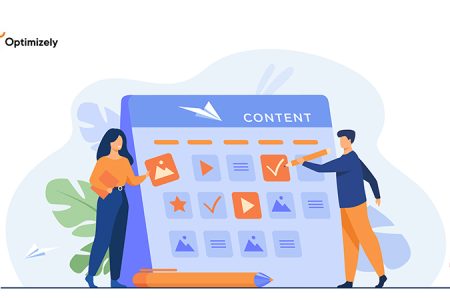Optimizely, the leading digital experience platform (DXP) provider, introduces Content Graph: an all-new service that developers can use to search and deliver content anywhere. This update enhances Optimizely Content Management System (CMS), making it possible to easily repurpose content, provide highly customized search experiences, and create compelling content blocks – ultimately enabling more dynamic content experiences.
Content Graph is powered by GraphQL, a query language for APIs known for its powerful yet simple form of data fetching. It serves as an on-demand content library that provides a more streamlined way to access content, enabling the seamless delivery of content across multiple platforms, channels, and devices. Content Graph extends GraphQL to offer powerful search and full text indexing, blazing fast speeds served from the CDNs, and a universal API that will layer into all Optimizely products beyond just the CMS.
Also Read: Optimizely Recognized As A Leader In 2023 Gartner® Magic Quadrant™ For Content Marketing Platforms
“Optimizely is unique in that we deliver a composable CMS that can be configured around organizational-specific needs,” said Rupali Jain, Chief Product Officer Optimizely. “While many customers – particularly those whose dominant digital channel remains their website – only need a traditional CMS, larger, more digitally mature companies that run many different digital channels have an increasing need for more diverse experiences. Our approach offers the best of both worlds, as customers can leverage the benefits within a user-friendly interface of traditional CMS while enabling the flexibility and efficiency of headless.”
Both traditional and headless CMS offer distinct advantages. A traditional CMS offers an intuitive interface, ensuring ease of use for marketers; however, it may pose challenges when it comes to repurposing content across channels. On the other hand, a headless CMS addresses this issue but lacks a marketer-friendly interface, which means that it can create dependencies on developers, resulting in potential inefficiencies and slower time-to-market. With Optimizely, customers no longer have to choose – they can use the CMS in a headless or traditional fashion, or even a combination of the two, if they’re looking for optionality.
“We’ve always had a strong headless component to our product, but Content Graph embraces a known standard,” said Deane Barker, Global Director of Content Management at Optimizely. “Content Graph has great implications for MarTech interoperability and it lets us play well with others, when our customers want to compose their own MarTech stack.”
SOURCE: PRNewswire

